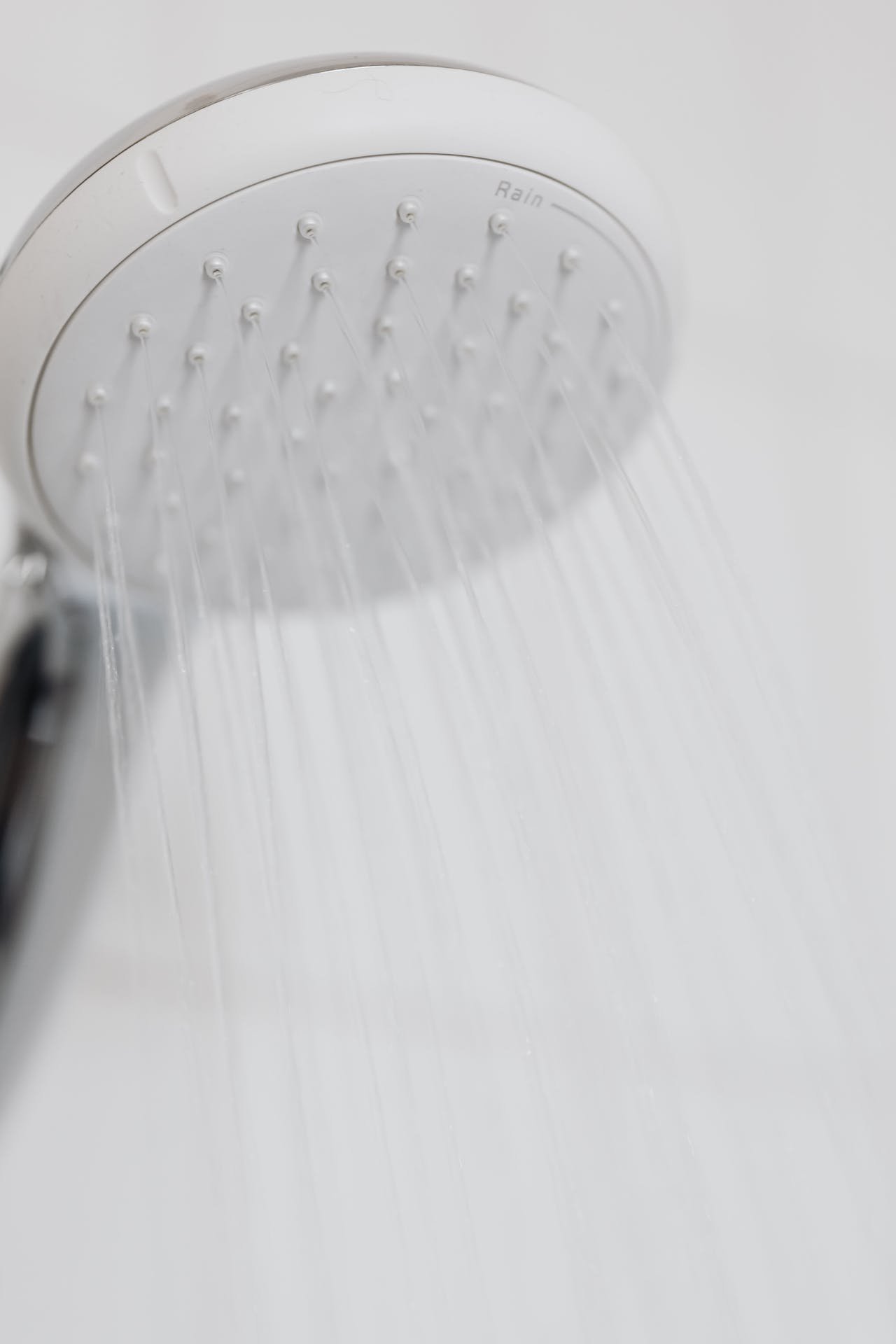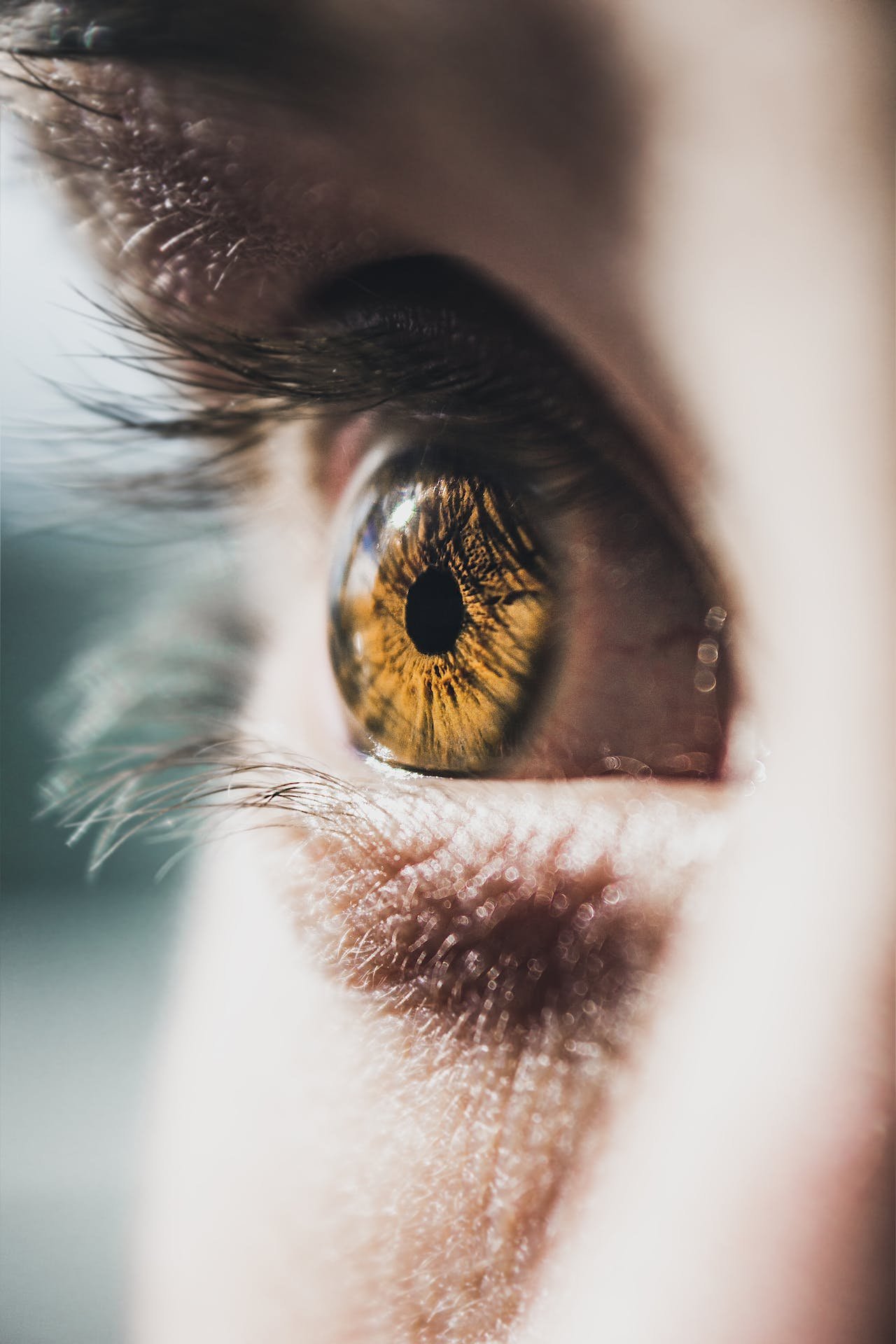31. Showers that boost your focus!
I'm very excited to share a powerful strategy I've been using to increase my energy and focus. It is free, and most of us already do it every day. I'm talking about showering.
If you're curious about how showering could boost your focus and how to try it for yourself, keep reading!
What are contrast showers, and how can they help you fight nagging ADHD symptoms like poor focus or low energy?
What are contrast showers?
Contrast showers, known as hydrotherapy, involve alternating between hot and cold water during a single shower session. Typically, this means starting with warm or hot water, switching to cold water, and repeating this cycle a few times. The hot and cold phases can vary in duration but are often around 1-3 minutes each.
Most people love a nice, warm shower. I like my showers to be as hot as I can stand, but cold showers?; Only a few people are excited about being cold.
Before some of you tune out of this topic, I'll describe the benefits of hot water and cold water in the body and the science behind why it's good for you. Then, I'll talk about how to take adequate contrast showers.
Benefits of Hot water for the body
It's not a foreign concept; heat can be good for you. Anyone who suffers from body aches, sports injuries, or whatever has probably used a heating pad, a hot bath, or a heating device to relax a part of the body. If not to ease discomfort, people love to rest under a heated blanket.
Humans may not be cold-blooded, but we like warmth. Warm weather, hot chocolate. Part of the reason might be because hot water has several scientifically supported benefits for the body:
Muscle Relaxation: Hot water helps to relax muscles by increasing blood flow and reducing muscle tension. It can be beneficial for post-exercise recovery.
Pain Relief: Heat can alleviate minor aches and pains by reducing muscle soreness and stiffness.
Improved Circulation: Warm water can dilate blood vessels, increasing circulation and lowering blood pressure.
Stress Reduction: Hot water can promote relaxation and reduce stress by calming the nervous system.
Vasodilation is a fancy term for dilating your vascular system. This delivers more oxygen and nutrients to tissues and organs.
Relaxation and stress reduction come from the release of endorphins and the decrease in stress hormones. I've talked about the nervous system and hormones and how they relate directly to ADHD in previous episodes. Attention deficit disorder is all chemical.
Heat stimulates the release of endorphins, the body's natural feel-good chemicals. Endorphins act as neurotransmitters that reduce pain perception and trigger positive feelings. Also, the release of endorphins can cause mild euphoria and a sense of well-being.
This has to do with activating your parasympathetic nervous system.
I'm sure someone listening to this has experienced this for themselves. You tend to feel relaxed and comfortable after a hot bath, shower, or a few minutes in the sauna. Now you know why.
Benefits of Cold Water
Now it's time to talk about the part everyone might be less excited about: cold showers. After hearing all the benefits of being hot, you might ask, "How can cold water compare?" You might be surprised to find that cold water also offers several scientifically supported benefits:
Reduced Inflammation: Opposite to the vasodilation offered by the heat, cold water constricts blood vessels and reduces blood flow to specific areas, which can help reduce inflammation and swelling.
Improved Recovery: After intense exercise, cold water can help reduce muscle soreness and aid in recovery by decreasing lactic acid build-up. I know this can contradict what I said a minute ago about the sauna being good for muscle recovery. I'm not walking back on my previous statement. The short answer is that cold and heat benefit recovery in different ways.
*Enhanced Alertness: Exposure to cold water can stimulate the release of adrenaline and norepinephrine, leading to increased alertness and improved mood.
Remember norepinephrine? I talked about it before. In the brain, norepinephrine enhances alertness and concentration. It is involved in regulating attention and focus, influencing cognitive processes.
Immune System Activation: Cold exposure may stimulate the immune system, potentially improving responsiveness.
Now that we know how hot and cold water can affect the body and mind let's see what happens when you put them together to increase focus.
How to Take Effective Contrast Showers for Focus:
To use contrast showers for focus, follow these steps:
Start with a warm or hot water phase for 1-3 minutes to relax your muscles and reduce stress.
Then, switch to cold water for 1-3 minutes to invigorate your body and boost alertness.
Here's a tip that might put your mind at ease. You do not need to turn the water to maximum cold. According to a YouTube video about this subject, you don't have to shock yourself with cold water. Cold-shocking yourself can send your body far into fight-or-flight mode. If you're not used to cold water exposure, the water doesn't have to be freezing.
Repeat this cycle at least two to three times, ending with cold water. Ensure the water temperatures are comfortable but distinctly different.
Tip to avoid thermal shock: the transition between hot and cold phases should be brisk but not abrupt.
End the shower with cold water! The cold is what will leave you feeling refreshed and alert. Finishing with hot will have different effects that may also be beneficial to my fellow ADHD'ers.
Taking Effective Contrast Showers
for Relaxation:
If you have the type of brain that keeps you up at night To use contrast showers for relaxation, follow these steps:
Begin with a warm or hot water phase for 1-3 minutes to relax your muscles and soothe your mind.
Switch to cold water for 1-3 minutes to invigorate your body, followed by another round of warm water.
Repeat this cycle at least two to three times, ending with warm water.
The transition between hot and cold phases should be gradual to avoid sudden shock.
Again, to feel the benefits of the relaxing effects, and not alertness and focus, finish with warm water. It will leave you feeling relaxed and calm.
Wait. Why is it beneficial to do both? Why can't I take a cold shower if I want to focus? Why can't I take a hot shower if I need to relax?
You can, but the benefit of both is enhanced circulation to your brain and other organs.
When you're hot, the blood moves out toward the surface of your body. The cold pushes blood to the center of your body. If you get hot again, the blood comes back out. Get cold again, and the blood goes back to the center. Repeating the process acts like a pump.
Think of your body as a soapy sponge. When you squeeze a sponge, the suds and soap spill out. But to thoroughly remove all the soap, you must press it more than a few times. The sponge is again run under water and squeezed. Repeat the process until the sponge is clean and soap-free.
Much like rinsing soap from a sponge, your body uses this pumping action in your blood vessels to remove metabolic waste.
If you'd like to discuss your experience with contrast showers, please join the Facebook page and get into those comments!








